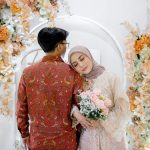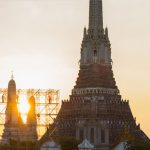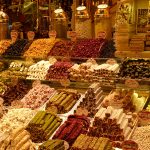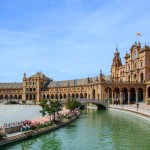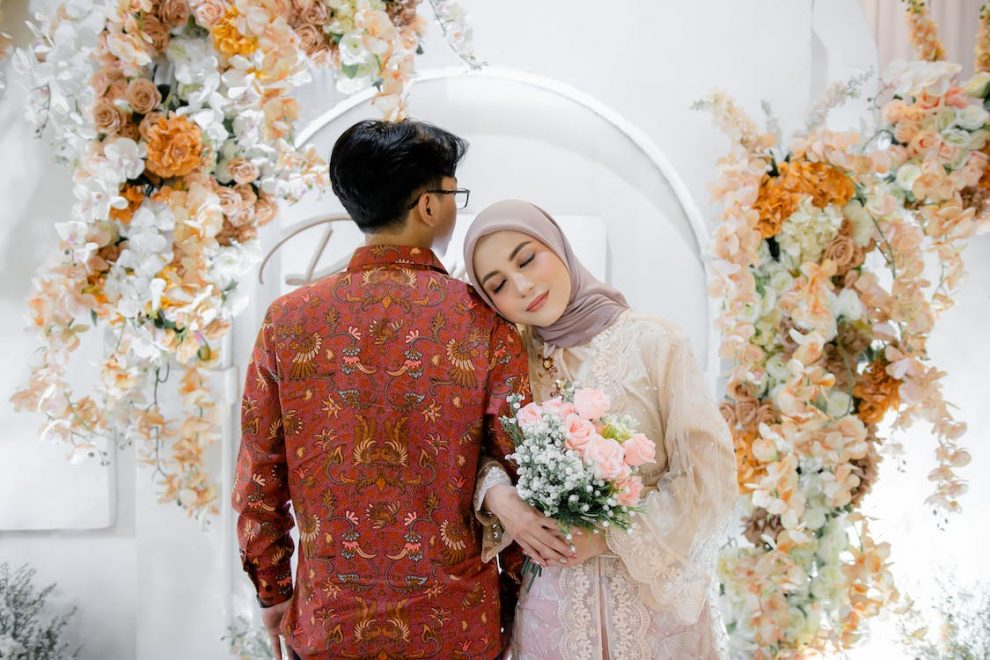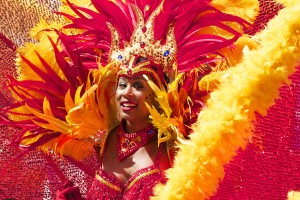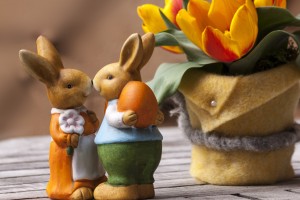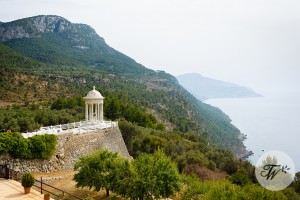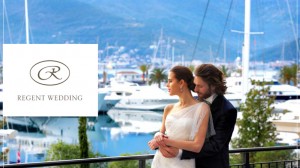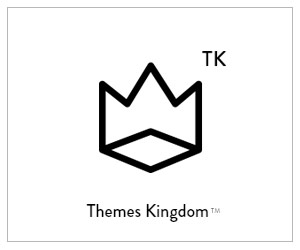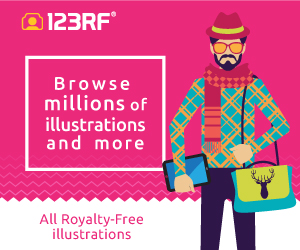Morocco, a land of vibrant colors, rich history, and diverse cultures, boasts a fascinating tapestry of wedding customs and traditions.
Moroccan weddings are celebrated with grandeur and are steeped in age-old rituals that vary from region to region, making each ceremony a unique and splendid affair. Let’s explore the enchanting world of Moroccan wedding customs.
In Morocco, the journey to marriage often begins with a formal proposal, known as the “Khoutba.” The groom’s family seeks the bride’s family’s consent and discusses the terms of the marriage. Once both families agree, the engagement is officially sealed, and preparations for the wedding commence.
The Henna Night
Henna plays a significant role in Moroccan weddings. The bride and her female friends and family members gather for a night of intricate henna designs. These designs, applied to the bride’s hands and feet, are not only beautiful but also symbolize protection and warding off the evil eye. The henna night is a lively celebration filled with traditional music and dance.
The Kaftan and Traditional Attire
The bridal attire is a visual feast in Moroccan weddings. Brides often wear a stunning kaftan, a traditional, elaborately embroidered gown. The groom dons a traditional Moroccan attire, such as a jalabiya. The richness of their outfits reflects the cultural significance of the occasion.
One of the most visually striking aspects of Moroccan weddings is the traditional procession, known as the “Zaffa.” The Zaffa involves musicians, drummers, and often horse or camel riders escorting the bride and groom to the wedding venue. The procession is a colorful and lively spectacle that captivates all in attendance.
The Berber Tradition
In rural areas, Berber wedding customs are distinct. The “Ammariya” ceremony, for instance, involves the couple being wrapped in a blanket and given milk and dates as a symbol of the couple’s unity.
Moroccan weddings are renowned for their sumptuous feasts. Guests are treated to a variety of traditional dishes, including tagines, couscous, and pastries. A highlight of the feast is the presentation of the “seffa medfouna,” a special dish of steamed semolina adorned with butter, almonds, and spices.
Gift-giving is an integral part of Moroccan weddings. The bride and groom often exchange gifts, symbolizing their love and commitment to each other. Guests also bring gifts for the newlyweds, typically in the form of money or household items.
Music and Dancing
Moroccan weddings are synonymous with music and dance. Traditional Moroccan instruments like the oud and the darbuka create a captivating atmosphere. Guests join in the celebration with energetic dances, making it a joyous and lively affair.
Moroccan wedding customs are a reflection of the country’s rich cultural heritage and the profound significance placed on marriage. From the vibrant henna night to the elaborate processions and splendid feasts, Moroccan weddings are a mesmerizing blend of tradition and celebration that exemplify the splendor of this North African nation.

